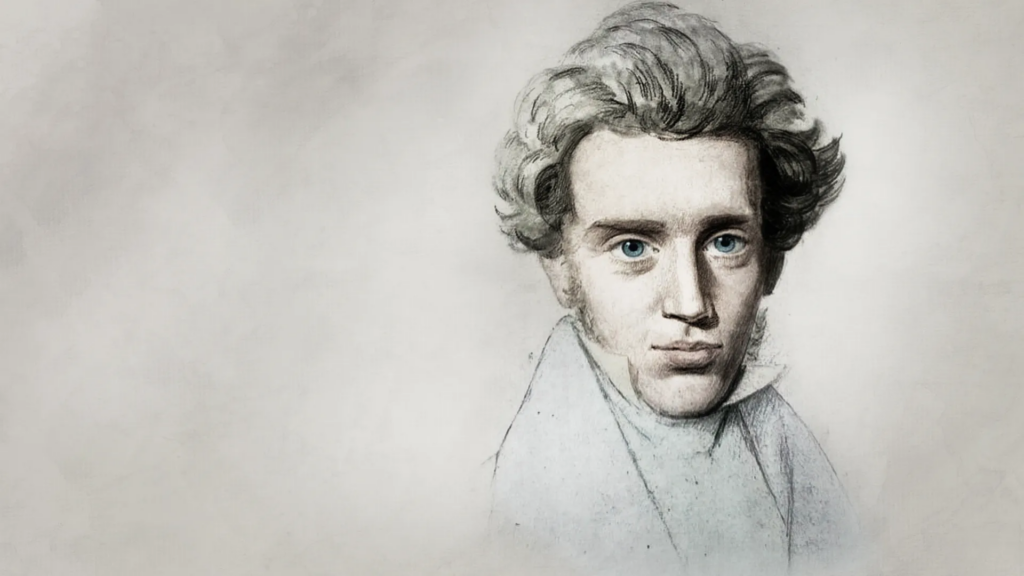God does not exist
God is

One day in August 2016, I was listening to an interview on the radio with Spanish film director José Luis Cuerda (1947-2020), who directed such irreverent and funny films as “Amanece, que no es poco” and “Así en el cielo como en la tierra.” I saw both films when I was young and also irreverent. I liked them then.
I like interviews and biographies. They are a simple way to get to know someone, and as human nature is beyond the reach of knowledge, little by little, reading and listening to about individual human beings, it is possible to get closer to knowing something about who we are.
He said interesting things, perhaps overloaded, but to be expected in the character. However, at one point he fell into a major simplicity. I was surprised. He said something like he was surprised that there are people who believe in an all-powerful God and accept the death of a two-year-old child. “If God existed, all-powerful and all-good, he would not have allowed that, because saving him would have been good for the child, for his parents, and for humanity in general.” So for José Luis Cuerda, the existence of tragedies and personal misfortunes is sufficient criteria to determine the non-existence of God.
As I couldn’t listen to the interview in full, I don’t know if the child in question was his brother, his son, or a hypothetical case. If it was the first, then I understand where it comes from. As John Powell said, “pain is the greatest enemy of love,” pain forces you to keep your attention on yourself, so everything and everyone around you becomes unimportant.
In my case, when my brother died, my mother took care to teach us that “there is no God who understands God.” That was enough for us.
Although he was talking about a hypothetical case, I understand him perfectly because I used the same criteria to reach the same conclusion for years. Then I discovered that it was nothing original. Many teenagers to whom I gave confirmation catechesis used the same criteria.
Years later, a scholar on the subject explained to me that, indeed, God does not exist. Apparently, this is something known by any theologian. Only what is created exists, therefore God does not exist, God is (Exodus 3:14).
So to speak with a minimum of coherence, we should not speak of the existence or non-existence of God, but of the essence of God, whether it is or is not. That is the question.
Returning to the opinion of José Luis Cuerda, as an example of the opinion of so many, saving the distances and as a simple comparison, I think it is something like the opinion that my dog could have about my behavior. If my dog could have an opinion about me, it would be based on his canine criteria and therefore would reach a canine conclusion, but I am not sure if it would be accurate.
José Luis Cuerda reaches a human conclusion through human criteria, so I do not believe that he is right – beyond insisting that God does NOT exist, God is.
His idea – as many think – is: if God existed, he would behave like a human. Furthermore, if God were all-powerful, many believe, He would act as I think. Now, if you ask those many: do you act as God wants? – to leave the topic at its most basic, let’s think about the commandments – then they would think that doing so would be a sign of an absolutely unjustifiable submission in man, at least in them.
Curious.
But we already know what God thinks about that, about those who, with human criteria, ask God (perhaps even demand) that he behave as any of us would do (Matthew 16, 23). He called Saint Peter Satan for doing so.
The idea that a human being can determine that God is not (does not exist) accounts for the great pride that we are capable of achieving: I, who am human, determine that you, who are God, do not exist.
And we were so wide!
It’s hard for me to understand almost everything. I don’t understand why there are beaches where we don’t notice the tides and others where they are so different. I also don’t understand how we can see the light of a star that went out hundreds of years ago. I really barely understand anything that has the slightest difficulty, so with respect to the topic in question I have to settle for saying that I recognize that I fail to understand the mystery of God.
Related

Reversing Social Deterioration: A Task That Begins in Business Management
Alejandro Fontana
25 April, 2025
4 min

The Revolution of Tenderness
María Elizabeth de los Ríos
25 April, 2025
3 min

His Hope Does Not Die!
Mario J. Paredes
24 April, 2025
6 min

The Religious Writer with a Fighting Heart
Francisco Bobadilla
24 April, 2025
4 min
 (EN)
(EN)
 (ES)
(ES)
 (IT)
(IT)

